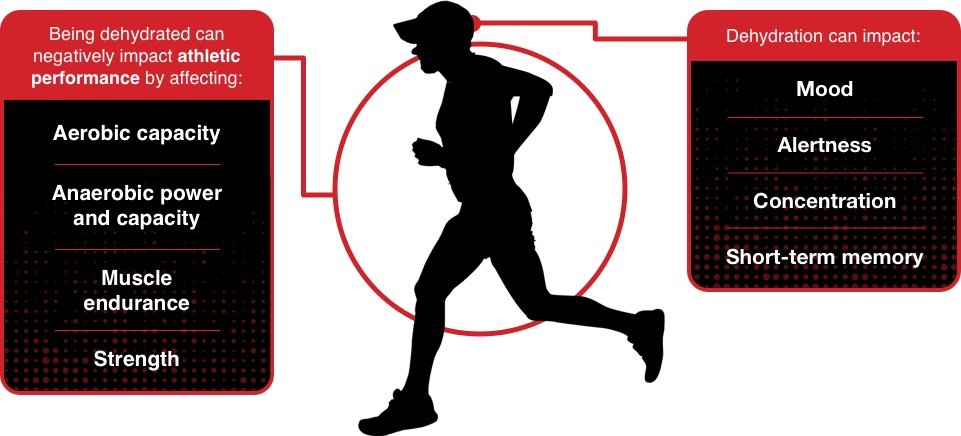What you need to Know about alcohol and its Affect on Training
While a drink or two may seem like a good way to unwind after a workout, beer league hockey game or on the weekend after a stressful week, excessive alcohol consumption can actually significantly harm all that hard progress that you are making in the gym and delay recovery from your workouts. Here are a few ways that those white claws are impacting your gains.
It decrease the rate of Protein Synthesis.
Protein synthesis is the process by which your body uses amino acids to repair and build new muscle tissue. After strength training, protein synthesis is increased to help repair damaged muscle fibers and support muscle growth. However, when it comes to alcohol, research has shown that it can interfere with this process. Alcohol consumption has been found to decrease the rate of protein synthesis by suppressing the activity of certain enzymes involved in muscle repair, such as the mTOR pathway. This can slow down the recovery process and delay the development of new muscle tissue.
It can cause dehydration
Yes, a cold beer is refreshing as heck after a hot day, but it’s actually a diuretic, meaning it increases urine production and can lead to dehydration. Dehydration can impact the body's ability to recover from strength training, as it can reduce blood flow to the muscles and impair the delivery of essential nutrients and oxygen. In severe cases, dehydration can also lead to cramping and muscle fatigue, making it even harder to recover from strength training. Evidence also has shown that dehydration can also cause an increase in cortisol levels, a stress hormone that can further impede muscle recovery.
It Wrecks your Sleep
Just like the refreshing taste of a beer, a lot of people are under the impression that a few drinks will make them sleep better. When it fact alcohol consumption can disrupt sleep patterns by altering the normal sleep-wake cycle and reducing the amount of rapid eye movement (REM) sleep. REM sleep is the stage of sleep when the body does the majority of its repair work, including muscle recovery. Quality sleep is critical for recovery from strength training, as it allows the body to repair and build new muscle tissue, reduce inflammation, and rehydrate.
It increase the rate of Inflammation
Mild inflammation (swelling) from strength training is completely normal and part of the normal recovery process. However, alcohol consumption can increase inflammation levels to higher levels that actually can slow down the recovery process. This happens through the increase in production of pro-inflammatory cytokines. Think of inflammation a bit like a bell curve when it comes to recovery. You need a little a bit of inflammation to cause that increase in blood flow to the tissues to recover but if it gets too high its becomes unwanted and detrimental.
Alcohol gets Converted to Fat
Alcohol is high in calories and is metabolized differently than the other macronutrients. Unlike carbohydrates and protein, which are used for energy or stored in the muscle as glycogen, alcohol is primarily converted to fat and stored in the body. This can be especially problematic for people who are strength training and trying to build muscle, and look good as excessive alcohol consumption can lead to an increase in body fat, which can negatively impact muscle definition.
It may seem like a complete debbie downer of a post, but I wanted to shed some light on some of the negative side effects of alcohol consumption in respects to training. I’m not saying to never have one, two, or half a dozen and to not enjoy yourself, just to be careful when and how many beverages you do have and to prioritize all other forms of recovery in order to continue making progress in the gym!



